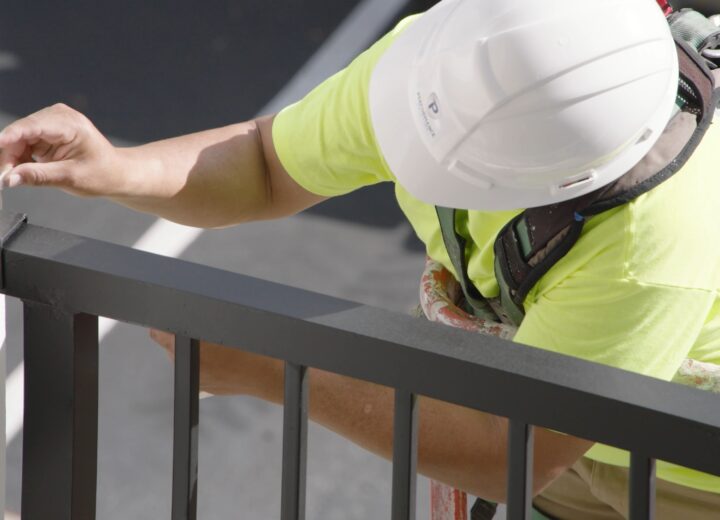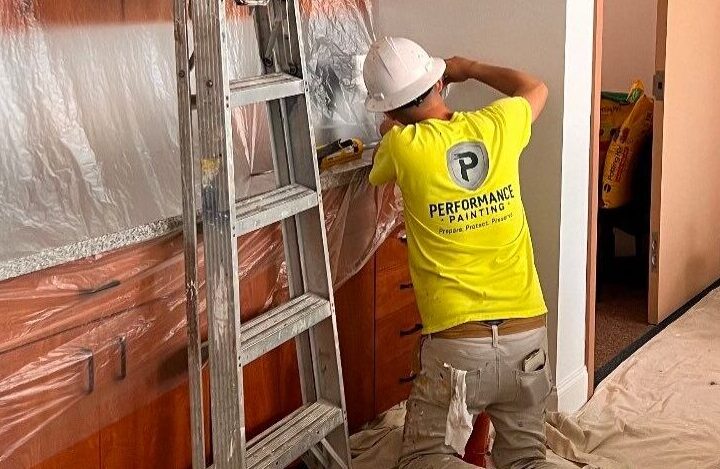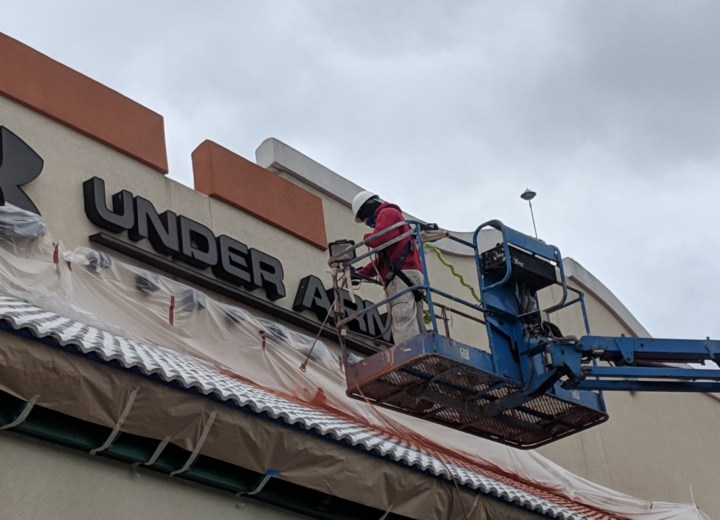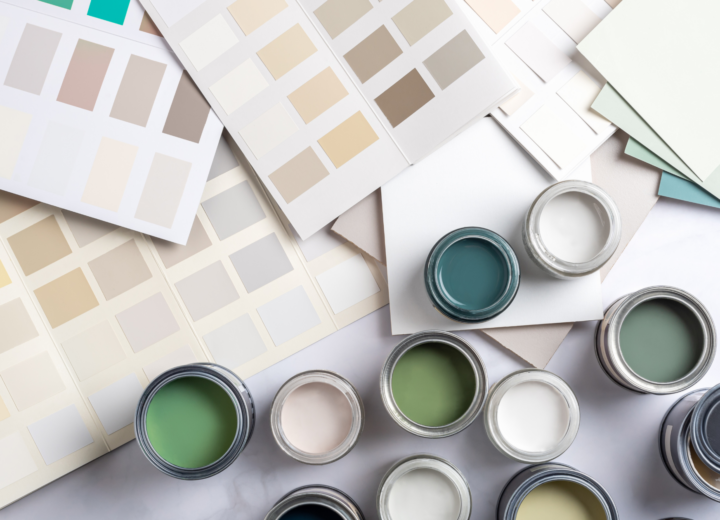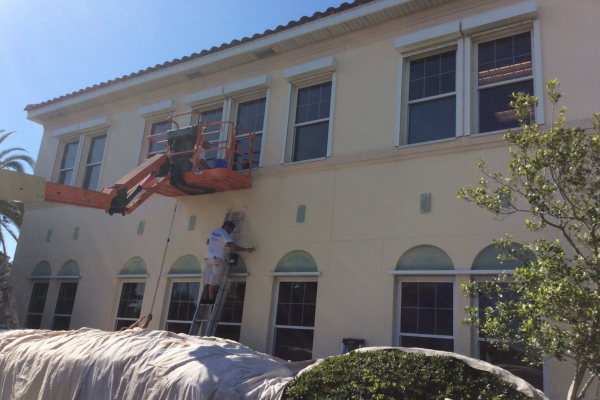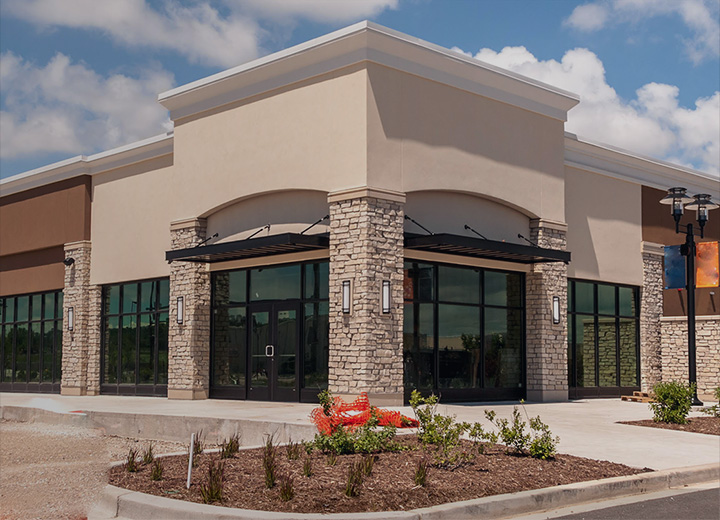Weathered wood can pose a real challenge for a homeowner trying to revive the look of his furniture, trim, siding, or deck. To learn how to properly prepare wood for painting, review our helpful guidelines on wood preparation, including cleaning, sanding, repairing flaws, and priming.
- Cleaning Surfaces: Old paint in sound condition usually delivers an excellent base for a new coat of paint. In this case, cleaning wood surfaces with a trisodium phosphate (TSP) and bleach solution or a substitute is the only thing you need to do to prepare wood for painting. TSP is a potent cleaner, degreaser, and deglosser, which cleans surfaces and breaks down the glossiness of the previous paint coat to ensure a good bond between the surface and the new finish. Additionally, using TSP-bleach on areas affected by mold will not only remove mold and unpleasant stains but also kill off mold
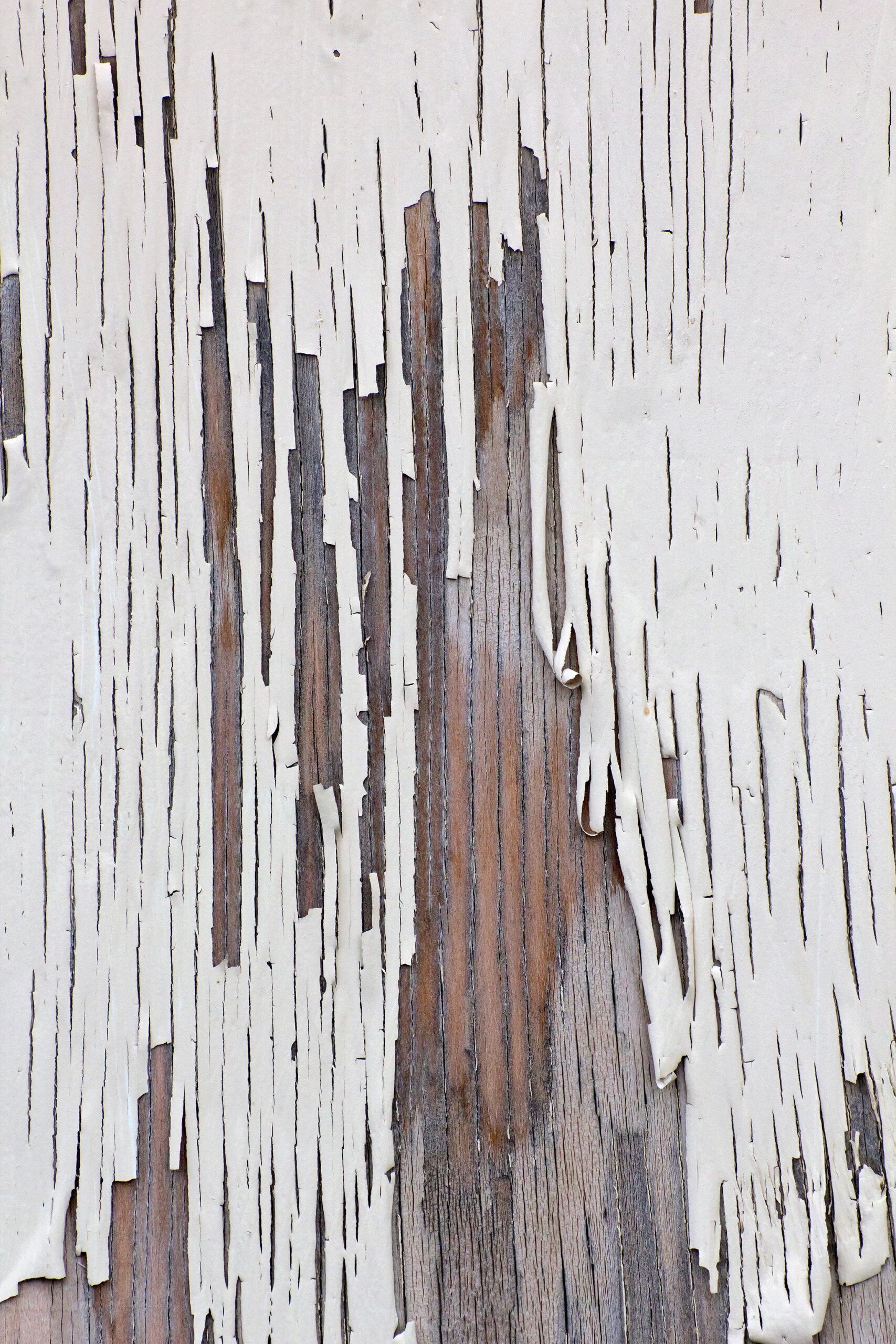 spores, preventing future recurrences. According to experts, the easiest method for cleaning exterior surfaces is pressure washing.
spores, preventing future recurrences. According to experts, the easiest method for cleaning exterior surfaces is pressure washing.
- Sanding: Before painting new wood, sand all surfaces and edges lightly to smooth the grain. Then, remove the sanding dust and apply a suitable primer. To prepare previously painted wood, strip off cracking, flaking, or chipping paint, sand the surface with 180-grit sandpaper, remove the dust, and wipe with a damp sponge. Another thing you should do is to look for soft, crumbly wood, which could indicate the presence of dry or wet rot, typically occurring in hot, damp climates. While small areas of rotten wood can be scrapped off, cleaned out, and treated with fungicides (substances that kill off wood rot fungus and spores), badly damaged sections should be replaced with new wood. To prevent recurrences of rot infestations, treat new wood with fungicides and/or preservatives. Since each type of wood preservative has different uses and risks, we strongly recommend that you check out EPA’s website before opting for a specific product.
- Patching Holes, Dents, and Cracks: You can find a variety of wood repairing products, ranging from oil-based fillers and epoxies to colored wood patch materials and paintable latex caulks. When choosing a wood repair compound, consider whether it’s designed for interior or exterior wood repair and whether you’re going to paint, stain, or varnish woodwork. If you intend to apply a stain or varnish, make sure that you choose a filler that won’t be visible through the final finish. Also, fill the gaps between woodwork and walls, and sand all repair areas for a smoother appearance.
- Priming: According to an old adage, “a paint job is only as good as the preparation that precedes it.” This is also valid for priming. Choosing the right primer and applying it correctly will ensure a uniform, smooth, long-lasting paint job. Besides improving topcoat adhesion, the right primer can prevent flashing and block the stains that may seep through the top coat. You can use the primer as it is or tint it to match the final shade. When priming, follow the manufacturer’s recommended mixing and application techniques, drying times, etc. To get a smooth surface, re-sand it lightly before applying the paint.
These are the most basic guidelines you should take into account when preparing wood for painting. To get more details on how to prepare wood for painting or to hire an expert who can complete your project proficiently, on time and on budget, contact our professionals at Performance Painting. From our painting crew to office staff, we are dedicated to providing excellent services to all customers across Northeast and Central Florida.

